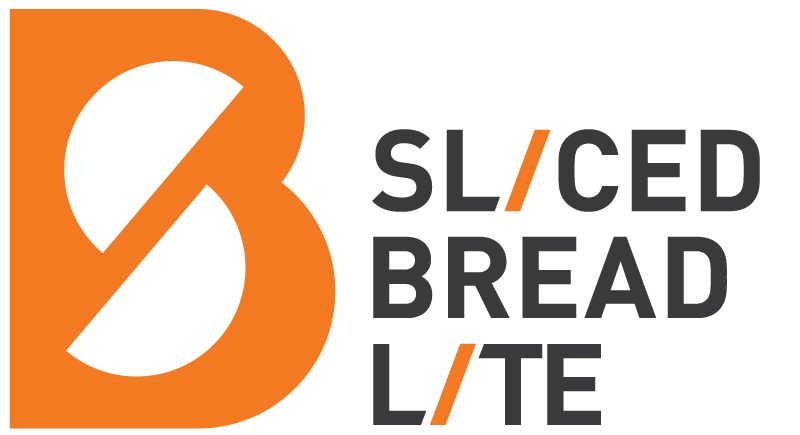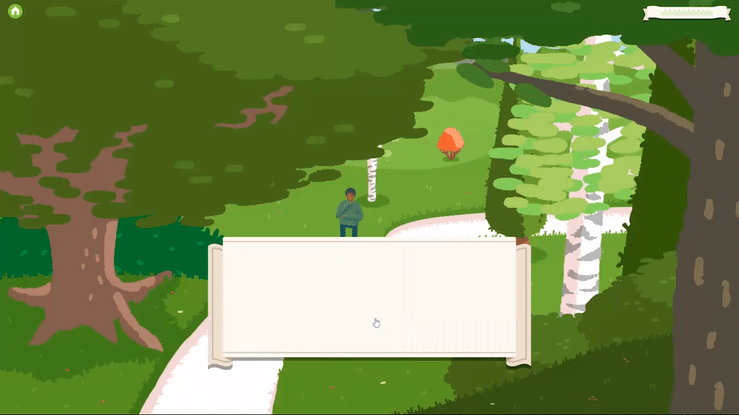How to Supply Effective Slides for Creating an Interactive E-Learning Module
Supplying slides for an e-learning build
Creating an engaging e-learning experience starts long before the first interaction is built it begins with the source material. At Sliced Bread Lite, we regularly transform PowerPoint slides, PDFs, and written notes into interactive e-learning modules that are fast, effective, and SCORM-compliant. But the quality and clarity of the input often determines the speed, cost, and success of the final product.
If you're supplying slides for an e-learning build, here’s how to make sure they do their job.
Think like a learner, not a presenter
Slide decks made for live presentations often rely on a presenter to explain what’s on screen. But in self-paced e-learning, the content has to stand on its own. Ask yourself: Would a learner understand this slide with no explanation?
To convert effectively into interactive modules, your slides should include:
Clear, standalone explanations
Defined learning objectives
Step-by-step logic or flow
Space for interaction, not just information
It’s perfectly fine if your slides aren’t perfect we’re here to build the final product but thinking from the learner’s perspective helps speed things up and reduces the number of revisions needed.
Structure is everything
The best slides for e-learning have a simple, logical structure:
One idea per slide – This helps us break content into interactive chunks.
Use headings and subheadings – These act as natural section breaks or navigation points.
Include calls to action – If you want a learner to do something (click, choose, reflect), make it clear.
If your current slides are more like a wall of text, don’t worry just highlight what’s most important. We can help simplify and visualise it during production.
Highlight what should be interactive
Want to include a quiz? A branching scenario? A clickable diagram? Let us know which parts of your content you’d like to bring to life.
Even a quick comment like “Make this a drag-and-drop” or “Could this be an interactive checklist?” helps steer development in the right direction. If you're unsure, we can recommend interactions that fit your content.
Use images with purpose
Visuals are powerful, but only when they’re relevant. If your slides contain diagrams, product shots, or photos, make sure they:
Are high resolution (ideally PNG or JPEG)
Include a short description or caption
Are licensed or owned by your organisation
If you don’t have visuals yet, we can provide iconography, animation, or illustrations just let us know where you’d like visuals added.
Provide source material separately where possible
It’s helpful if we receive:
The editable PowerPoint (not just a PDF or screenshot)
Any supporting docs or reference links
Brand guidelines (logo, fonts, colours, tone of voice)
This helps us align the design, make changes faster, and keep everything on brand. If you have content from a previous course you liked, send that too it helps us match the tone.
✅ Final checklist before you send slides
Before handing over your materials, here’s a quick checklist:
Is each slide focused on a single concept or message?
Can the learner understand the content without needing a presenter?
Are any required interactions, quizzes, or checkpoints marked or noted?
Are images high quality and clearly linked to the content?
Have you included the original file (PPTX or DOCX, not just PDF)?
Have you shared any style guides or brand assets?
Wrapping up
At Sliced Bread Lite, we’re here to make your content work harder, and get it delivered faster. By supplying well-structured slides and clear guidance, you help us build interactive modules that are easy to use, visually consistent, and effective at getting results.
If you're unsure how to prepare your slides, just ask we’re happy to advise. Our job is to turn your knowledge into learning experiences that engage, inform, and get finished fast.


